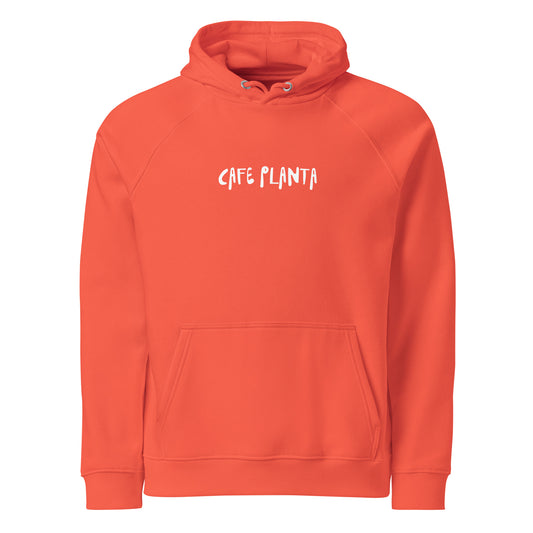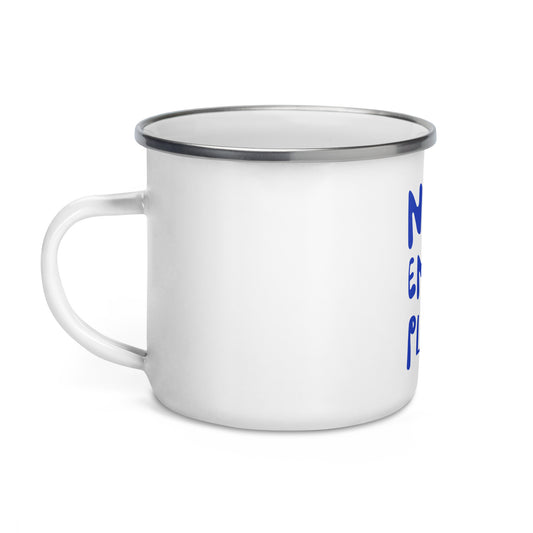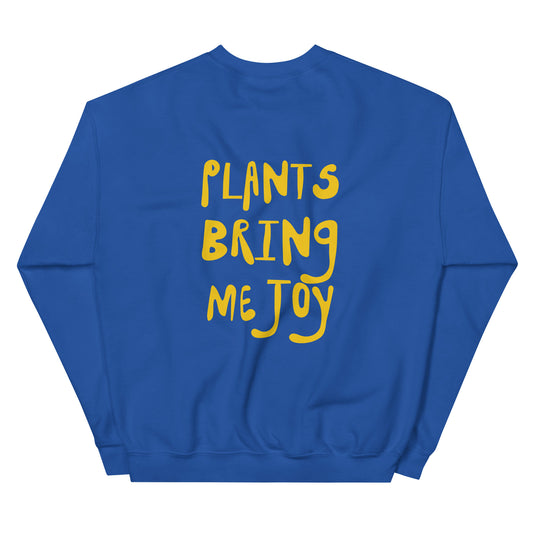What's the Best Fertilizer For Banana Plants?
Cafe Planta Team
Banana plants are a delightful addition to any garden or home. Their lush foliage and, if you're lucky, delicious fruit can provide a tropical vibe to your space. However, keeping these beauties happy requires a bit of know-how, especially when it comes to feeding them the right nutrients.
In this article, we'll dig into the specifics of fertilizing banana plants. We'll explore different types of fertilizers, when and how to apply them, and some tips for ensuring your banana plants thrive. Whether you're a seasoned plant parent or just starting out, you'll find helpful insights to keep your banana plants in tip-top shape.
Understanding Banana Plant Nutritional Needs
Before we get to the nitty-gritty of fertilizers, it's important to understand what banana plants need to flourish. Banana plants are heavy feeders. This means they require a lot of nutrients to grow those big leaves and, if you're lucky, produce fruit. In particular, they crave nitrogen, phosphorus, and potassium.
Here's a quick look at what each of these nutrients does:
- Nitrogen (N): This is crucial for leaf growth. Since banana plants have large leaves, they need plenty of nitrogen to support their development.
- Phosphorus (P): This nutrient supports root development and flower production. It's essential for the overall health of the plant.
- Potassium (K): Potassium helps with water movement within the plant, strengthens its resistance to diseases, and is vital for fruit development.
Understanding these basics can guide you in choosing the right fertilizer to support your banana plant's growth stages effectively.
Choosing the Right Fertilizer
With so many fertilizers on the market, it can be overwhelming to pick the right one for your banana plants. But don't worry, it doesn't have to be complicated. Generally, a balanced fertilizer with a formula like 10-10-10 or 8-10-8 works well for banana plants. These numbers represent nitrogen, phosphorus, and potassium ratios, respectively.
Additionally, you might consider using a high-potassium fertilizer, especially if your banana plant is at the fruiting stage. Some gardeners prefer organic options such as compost, well-rotted manure, or banana peels, which provide a more natural nutrient boost.
Here's a quick breakdown of the types of fertilizers you might consider:
- Granular Fertilizers: These are slow-release and can feed your plants over time. They're great for long-term nutrient supply but ensure they're evenly distributed.
- Liquid Fertilizers: These provide a quick nutrient boost and are easy to apply, especially if your plant shows signs of nutrient deficiency.
- Organic Fertilizers: Compost and manure are excellent natural options for enriching the soil without chemicals.
Choosing the right type depends on your gardening style and the specific needs of your banana plants.
When to Fertilize Banana Plants
Timing is everything, especially when it comes to fertilizing banana plants. These plants have different needs throughout the year, and understanding their growth cycle can help you provide the right nutrients at the right time.
Generally, it's best to fertilize banana plants during the growing season, which typically runs from spring through early fall. During this period, the plant is actively growing and requires more nutrients to support its development.
Here's a simple schedule to follow:
- Early Spring: Start with a balanced fertilizer to kickstart growth as the plant comes out of dormancy.
- Mid-Summer: Continue with regular feeding, possibly increasing potassium if the plant starts to flower or fruit.
- Fall: Gradually reduce feeding as the plant prepares for dormancy.
Avoid fertilizing in the winter when the plant is not actively growing, as this can lead to nutrient burn or other issues.
How to Apply Fertilizer
Applying fertilizer correctly is just as important as choosing the right one. Improper application can lead to nutrient burn, where the plant takes up too much of a nutrient, causing leaf damage or other health issues.
Here's a straightforward way to apply fertilizer to your banana plants:
- Granular Fertilizers: Spread them evenly around the base of the plant, taking care not to let them touch the stem directly. Water the area well after application to help the fertilizer soak into the soil.
- Liquid Fertilizers: Mix according to the package instructions and water the plant with the solution. This method is excellent for providing an immediate nutrient boost.
- Organic Options: Work compost or well-rotted manure into the top layer of soil. This can be done at the start of the growing season for long-term soil enrichment.
Remember, more isn't always better when it comes to fertilizers. Always follow the instructions on the package to avoid over-fertilizing.
Signs Your Banana Plant Needs Fertilizing
Even with the best intentions, sometimes our plants don't get what they need. Knowing the signs of nutrient deficiency can help you catch issues early and adjust your care routine accordingly.
Here are some common signs that your banana plant might need a nutrient boost:
- Yellowing Leaves: This can indicate a lack of nitrogen. If you notice the older leaves turning yellow first, your plant might need more nitrogen.
- Poor Growth: If your plant isn't growing as vigorously as it should during the growing season, it may be lacking essential nutrients.
- Weak or Discolored Stems: This can be a sign of potassium deficiency, especially if the plant is fruiting.
If you notice these signs, consider adjusting your fertilizing schedule or type to better meet your plant's needs.
Using Organic Fertilizers
For those who prefer a more sustainable approach, organic fertilizers are a fantastic option. They enrich the soil naturally and improve its structure over time, providing long-term benefits for your banana plants and the environment.
Some popular organic fertilizers for banana plants include:
- Compost: Rich in organic matter and nutrients, compost improves soil structure and provides a steady nutrient supply.
- Manure: Well-rotted animal manure is high in nutrients and can be worked into the soil as a natural fertilizer.
- Banana Peels: High in potassium, banana peels can be chopped and buried in the soil or added to compost for a nutrient boost.
Using organic options not only feeds your plants but also supports a healthy garden ecosystem.
Common Fertilizing Mistakes to Avoid
Even seasoned gardeners can make mistakes when it comes to fertilizing. Here are some common pitfalls and how to avoid them:
- Over-Fertilizing: More isn't always better. Too much fertilizer can lead to nutrient burn and damage your plant. Always follow the recommended amounts.
- Fertilizing at the Wrong Time: Avoid fertilizing during the plant's dormant period in winter. Focus on the growing season when the plant actively needs nutrients.
- Ignoring Soil pH: Banana plants prefer slightly acidic to neutral soil. If the pH is off, nutrients might not be absorbed properly, no matter how much you fertilize.
By staying mindful of these common mistakes, you can help ensure your banana plants stay healthy and vibrant.
Monitoring and Adjusting Your Fertilizer Routine
Fertilizing isn't a one-size-fits-all process. Monitoring your banana plants' health and adjusting your routine as needed is essential for their well-being.
Here are some tips for keeping an eye on your plants:
- Regular Inspections: Check your plants weekly for signs of nutrient deficiencies or excesses.
- Soil Testing: Conduct soil tests periodically to check nutrient levels and pH. This can help you tailor your fertilizing routine more effectively.
- Adjust as Needed: If you notice your plants aren't thriving, don't be afraid to change your fertilizer type or application frequency.
By staying attentive and flexible, you can provide the best care for your banana plants.
Final Thoughts
Banana plants are wonderful additions to any plant collection, bringing a touch of the tropics to your home. With the right fertilizer and a bit of care, your banana plants can thrive, providing lush foliage and possibly even fruit.
At Cafe Planta, we love helping plant lovers find the perfect additions to their homes. Whether you're looking for plant care tips or unique houseplants, we're here to support your plant journey. If you have any questions, feel free to email us or send a message on Instagram. Let's keep growing together!

















































